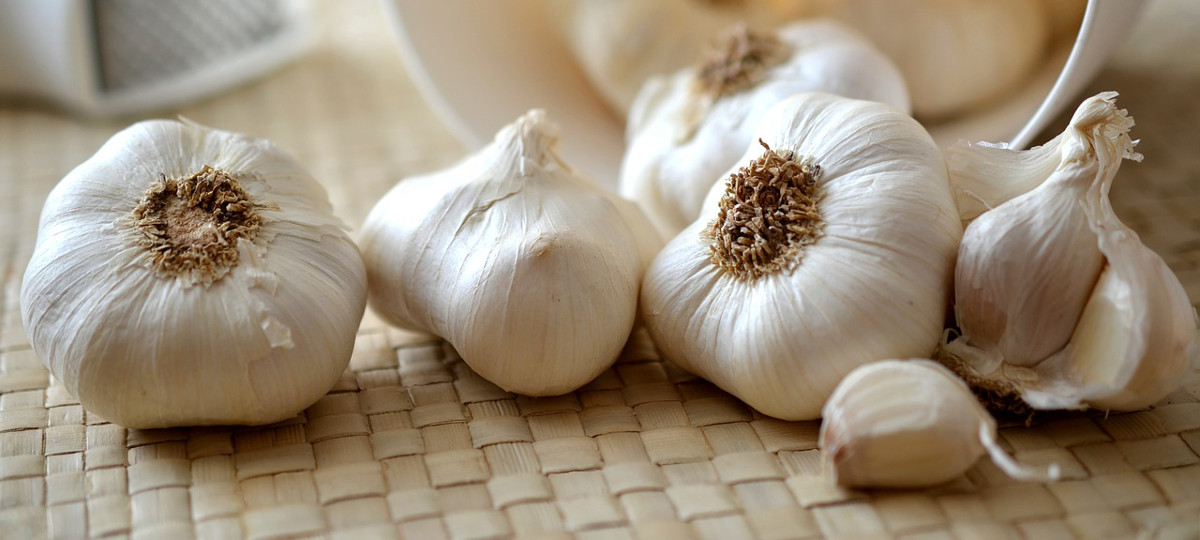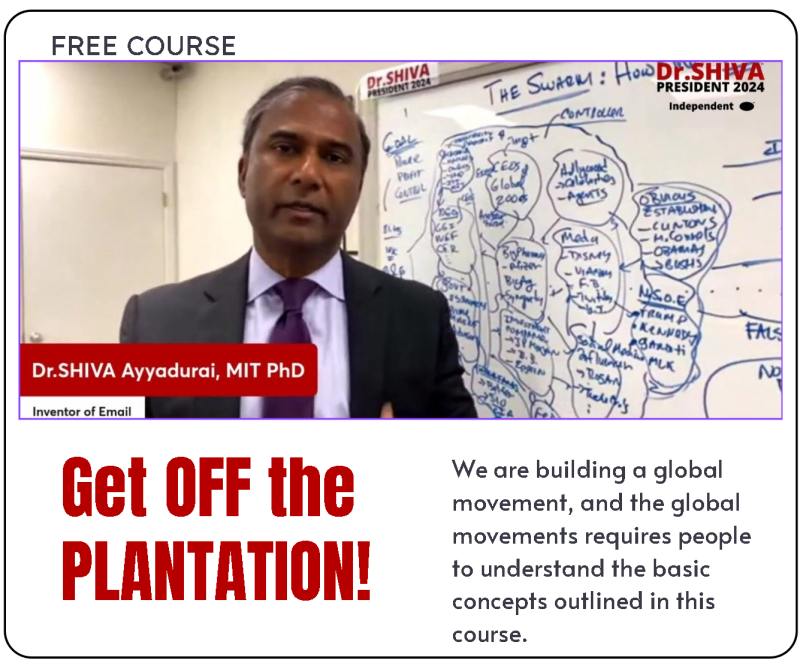
A recent article on cancer.gov said:
“Several population studies show an association between increased intake of garlic and reduced risk of certain cancers, including cancers of the stomach, colon, esophagus, pancreas, and breast. Population studies are multidisciplinary studies of population groups that investigate the cause, incidence, or spread of a disease or examine the effect of health-related interventions, dietary and nutritional intakes, or environmental exposures. An analysis of data from seven population studies showed that the higher the amount of raw and cooked garlic consumed, the lower the risk of stomach and colorectal cancer.
The European Prospective Investigation into Cancer and Nutrition (EPIC) is an ongoing multinational study involving men and women from 10 different countries. This study is investigating the effects of nutrition on cancer. In the study, higher intakes of onion and garlic were associated with a reduced risk of intestinal cancer.
The Iowa Women’s Study is a large prospective study investigating whether diet, distribution of body fat, and other risk factors are related to cancer incidence in older women. Findings from the study showed a strong association between garlic consumption and colon cancer risk. Women who consumed the highest amounts of garlic had a 50 percent lower risk of cancer of the distal colon compared with women who had the lowest level of garlic consumption.” (Ref: http://www.cancer.gov/about-cancer/causes-prevention/risk/diet/garlic-fact-sheet)
The fact is that more and more studies are pointing to the healing power of foods, herbs and medicinal knowledge that have existed for thousands of years.
After many millennia of trial and error, indigenous and traditional cultures had a profound sense of what was good food. They knew how to combine food, when to eat food, and how to process food so our bodies received the optimal nutrition. Their food was, by its very nature, good and clean.
We encourage you to take advantage of the webinar by Dr. Shiva Ayyadurai, a Ph.D in Systems Biology from the Department of Biological Engineering (formerly known as the Food and Nutrition Science Department), where he provides the details of what constitutes good and clean food.
You May Also Be Interested In








